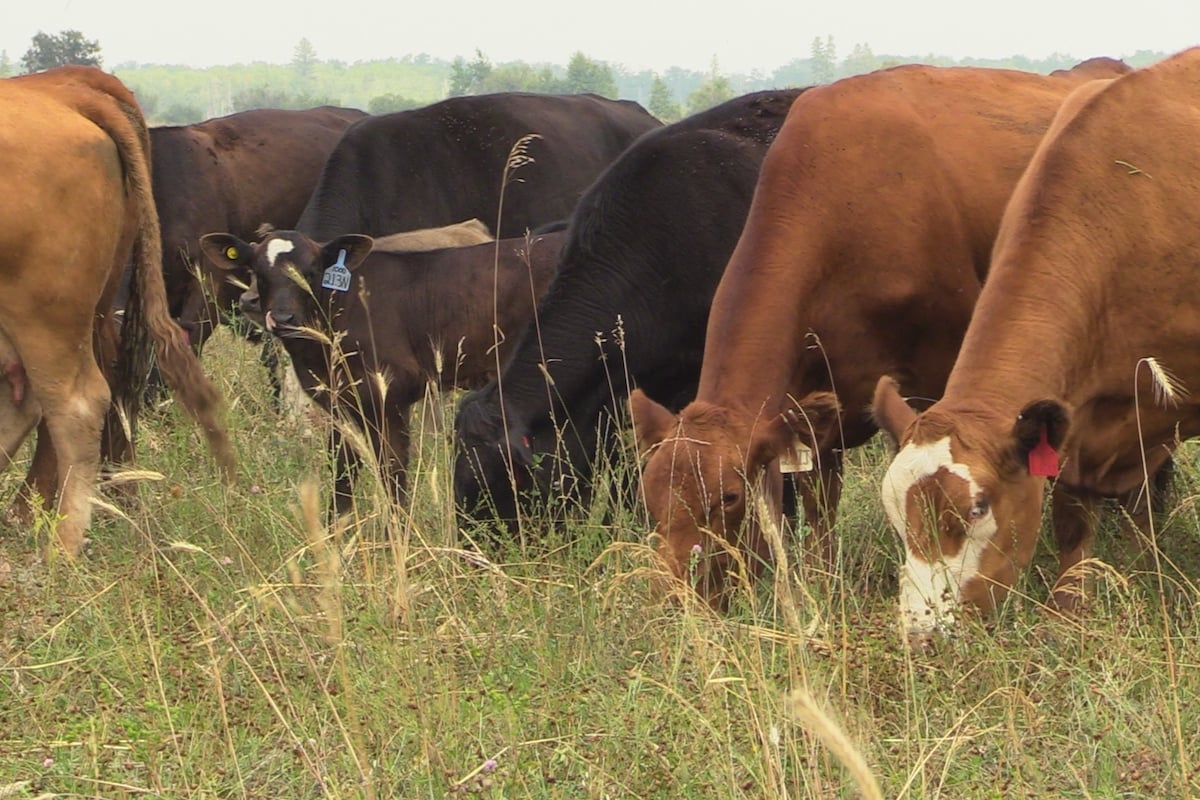LONDON, Nov 23 (Reuters) – U.S. soybeans fell to the lowest level in more than 6 ½ years on Monday weighed by the election in Argentina of a president who has promised to cut export taxes and boost production in the South American farming powerhouse.
Corn and wheat prices on the Chicago Board of Trade also fell as a rise in the U.S. dollar triggered losses in crude oil and many other commodity markets denominated in the U.S. currency. The weakness in soybeans also pushed canola futures lower.
Read Also

Klassen: Feeder market softens on weaker demand
For the week ending October 25, Western Canadian yearling markets traded steady to $10/cwt below prices from the previous week….
“Argentina’s election result is surely bearish for soybean prices,” said one analyst based in Melbourne, Australia.
“Big inventory, which has been locked up (in Argentina), is expected to be released into the market. It is hard to think why soybeans should trade higher over the next six to 12 months.”
Conservative opposition candidate Mauricio Macri comfortably won Argentina’s presidential election on Sunday after promising business-friendly reforms to spur investment in the struggling economy.
Argentine grain output could shoot 30 percent higher by 2019 as Macri is expected to make good on his vow to cut export taxes and state controls that have weighed on production, his farm advisor said in an interview earlier this month.
“Soybean prices will underperform relative to corn over the coming weeks, as policies enacted following the Argentine presidential election will encourage increased soybean exports,” BMI Research said in a note.
The election result heightened an already bearish mood in a market where supplies are ample.
“Even without that aspect there are plenty of soybeans around and forecasts for the next Brazilian harvest are very high so there is definitely no scarcity in sight,” Commerzbank analyst Michaela Kuhl said.














